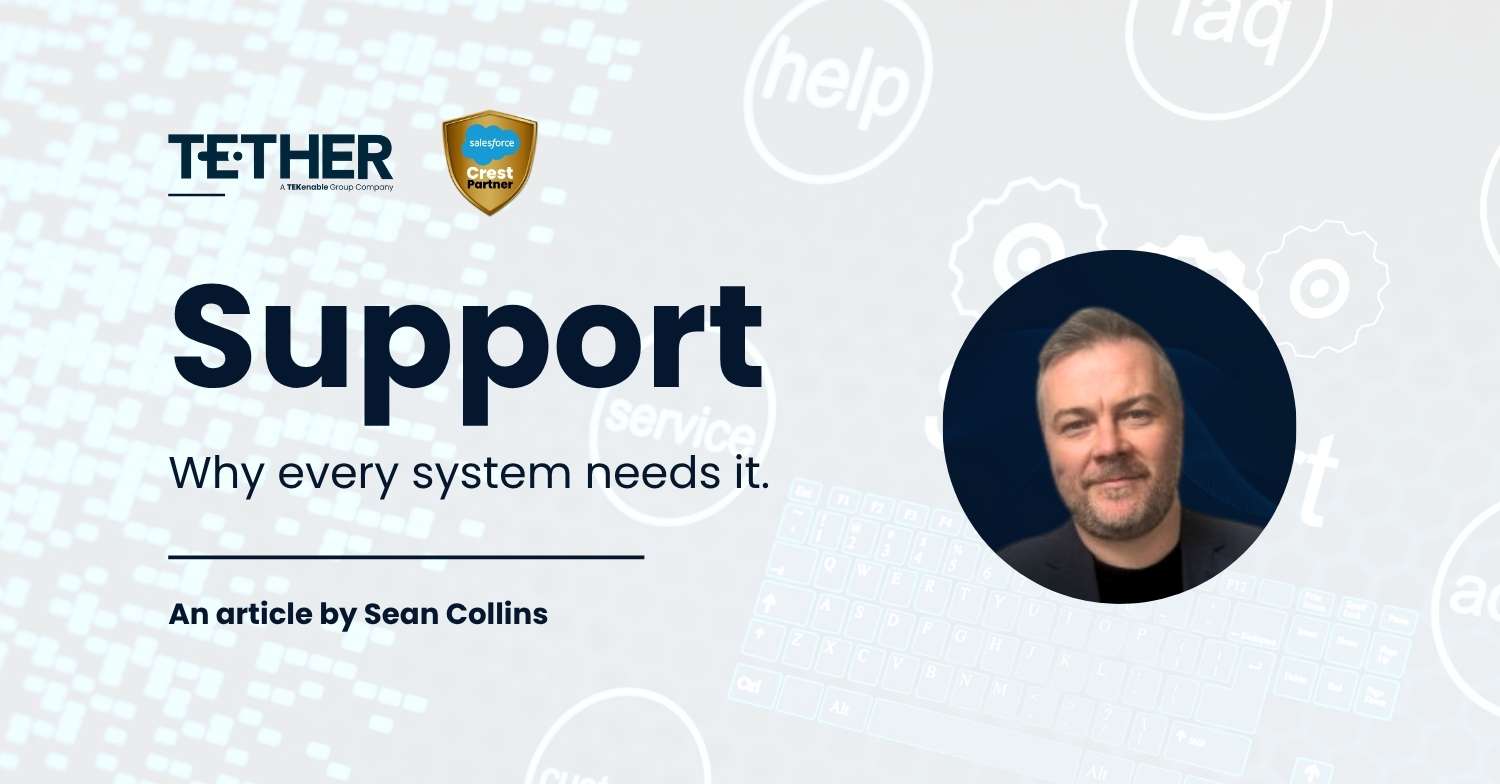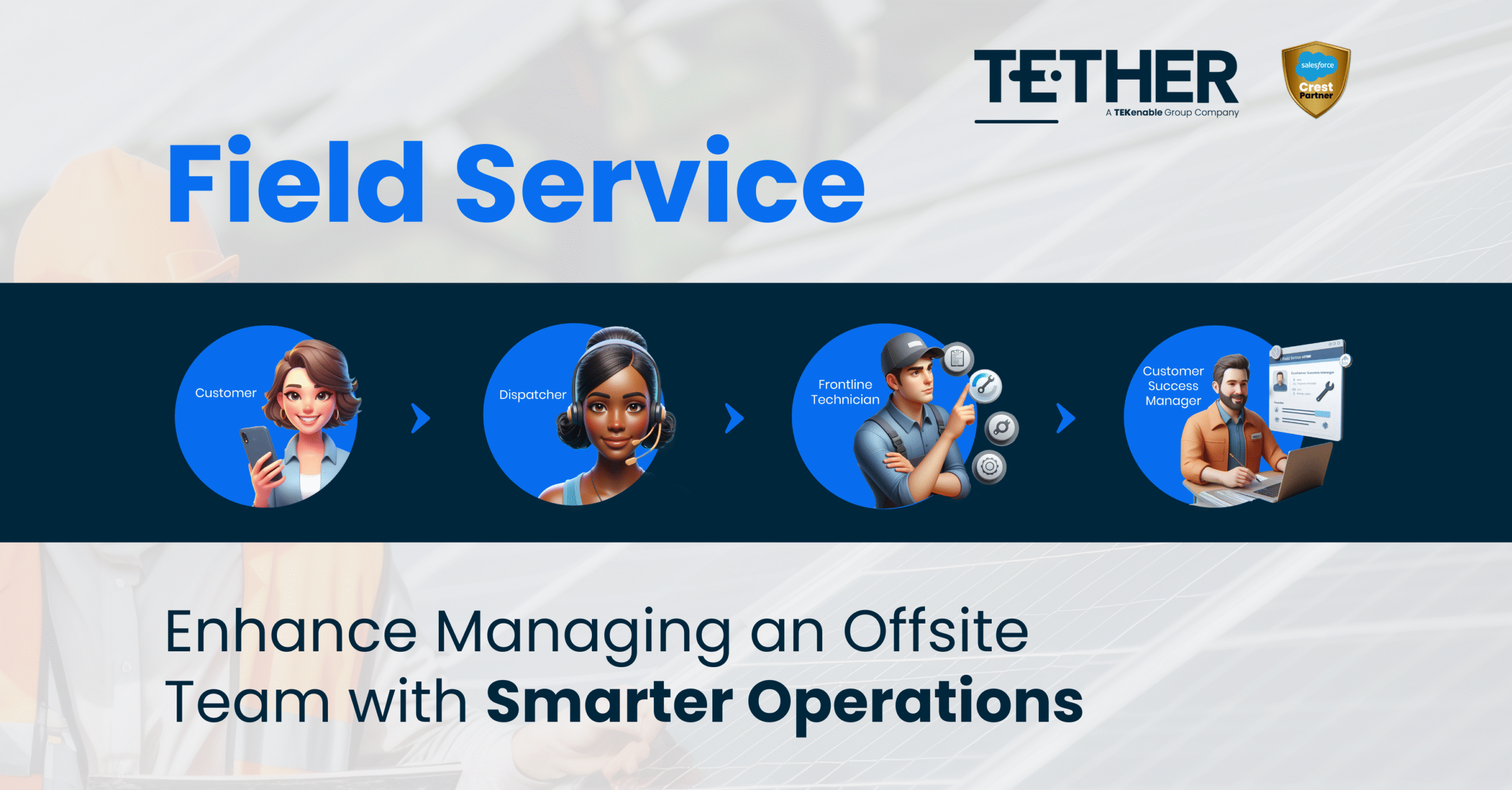Let's get into it
In today’s ultra rapid business environment, the ability to make informed decisions based on real-world data is no longer a luxury. It is a necessity. Companies that harness the power of data effectively gain a significant competitive edge.
Clearly, understanding what is meant by data-driven decision making is crucial, then. In short, data-driven decision-making involves using data to guide business strategies and operations, rather than relying on intuition or guesswork.
The advantages are clear: companies can increase efficiency, gain better insights into customer behaviour, and stay ahead of competitors. For instance, according to McKinsey, data-driven organisations are 23 times more likely to acquire customers and six times more likely to retain them, while PwC has found that data-driven companies outperform their competitors by 6% in profitability as well as 5% in productivity.
And yet, organisations struggle to adopt data for a number of reasons, from cultural resistance to the persistence of data silos.
Happily, inability to leverage data need not be one of them, thanks to Salesforce’s sophisticated data-handling capabilities. However, the fact remains that ensuring that you have the right data is crucial – as is ensuring that it is both relevant and accurate, as only the right data will produce the right results. After all, as the old computing saying goes: garbage in, garbage out.
Preparing for the data shift:
a strategy for cleaning, compliance and collection
The first step in becoming data-driven is ensuring the quality of your data. Clean data is crucial for accurate analysis and reliable insights. Data issues such as duplication, errors, and incomplete records can lead to misguided decisions.
A wide range of third-party tools exist, as part of the Salesforce platform, geared to addressing this specific issue, but the first step is to understand that raw data is typically not ready to be put to work in a production environment.
Equally important is dealing with the problem of silos. Every organisation has data spread across its systems, from spreadsheets to e-mails, and this quickly becomes a major hurdle to data-driven decision making.
When data is collected and stored by individual departments or teams, creating isolated pools of information, the resultant fragmentation makes it difficult to get a total view of the business. For instance, the marketing team might have valuable customer behaviour data siloed away, while the sales team struggles to understand customer needs. Breaking down these silos and integrating data across departments is essential to unlock the true potential of data-driven insights.
Compliance also matters. Indeed, in an era of stringent data protection regulations like the General Data Protection Regulation (GDPR) and the forthcoming European Union Artificial Intelligence Act (EU AI Act), data compliance is more important than ever. Businesses must ensure that their data practices are in line with legal requirements to avoid hefty fines and maintain customer trust.
Notably, Salesforce offers robust features for data compliance, including encryption and Salesforce Shield, providing monitoring and field-level security to control data access to help organisations manage data responsibly and stay compliant with regulations.
Collecting and using data is only part of the picture, though. Data disposal matters, too.
Proper data disposal is essential to prevent data clutter and ensure compliance. Holding onto unnecessary data not only increases storage costs but also poses security risks. Effective data disposal involves securely deleting data that is no longer needed while retaining necessary records for legal and business purposes.
However, beyond the tools and technology, it is essential to ensure that policies are in place to ensure data is handled –collected, stored, processed and disposed of – in a secure manner. This should start with board-level oversight, including creating and policing policies, and include a clear chain of responsibility throughout the organisation.
Furthermore, a well-defined chain of responsibility should be implemented throughout the organisation. This means assigning specific data ownership and accountability to different teams and individuals. For instance, the IT department might be responsible for data security measures, while marketing might own customer data privacy.
By outlining clear roles and expectations, organisations can ensure everyone understands their part in handling data responsibly and maintaining its integrity.
Leveraging Salesforce for data-driven insights
When the policies and technology are in place the rubber really hits the road, though, and it is then that businesses should expect to pivot to making decisions based on factors including customer behaviour and market sentiment.
Naturally, the foundation of data-driven decision-making is robust data collection. Salesforce excels in gathering data from various touchpoints, including customer interactions, forms, surveys, and social media. Integrating additional data sources, such as e-mails and third-party applications, into Salesforce enhances the richness of the data. By capturing comprehensive data, businesses can gain a holistic view of their customers and operations.
Once data is collected and cleaned, the next step is analysis. Salesforce offers a suite of analytical tools that transform raw data into actionable insights. Reports and Dashboards provide real-time visualisations, allowing businesses to monitor key performance indicators (KPIs) and track progress towards goals.
Einstein Analytics, Salesforce’s advanced analytics tool, leverages artificial intelligence to deliver deeper insights and predictive analytics. These tools enable businesses to identify trends, uncover opportunities, and make informed decisions.
Adopting the right tools is only part of the equation; fostering a data-driven culture is equally important. A culture that values data-driven decision-making encourages employees to base their actions on data rather than assumptions.
Training employees to use Salesforce effectively is crucial. Salesforce’s Trailhead training platform offers a range of courses and modules to help users at all levels enhance their skills. Additionally, promoting data literacy across the organisation ensures that everyone understands the value of data and how to interpret it.
Conclusion
Becoming a data-driven business involves more than just collecting data; it requires a systematic approach to cleaning, compliance, and disposal. Salesforce provides a comprehensive set of tools to help businesses prepare their data for effective use. By leveraging Salesforce’s data collection and analysis capabilities, businesses can gain valuable insights that drive informed decision-making. Moreover, fostering a data-driven culture ensures that the entire organisation values and uses data effectively.
The journey towards becoming a data-driven business is continuous, requiring ongoing commitment to data quality and analysis. However, the rewards are substantial. Businesses that embrace data-driven decision-making can expect to see improved efficiency, better customer insights, and a significant competitive advantage. By combining Salesforce with the right strategy, the path to becoming a data-driven organisation is clear and achievable.
At Tether
We are the experts in Salesforce implementation. In a complex world, we make it simple. Tether bridges the gap, tapping into the full capability of Salesforce to drive your business forward. As a leading Salesforce Partner in the UK, we provide comprehensive Salesforce services to transform how you connect with customers and manage your operations.
Contact us today!




